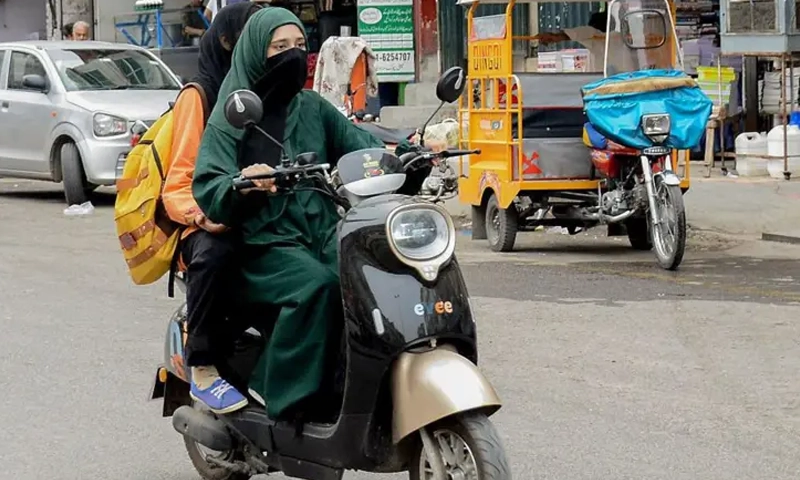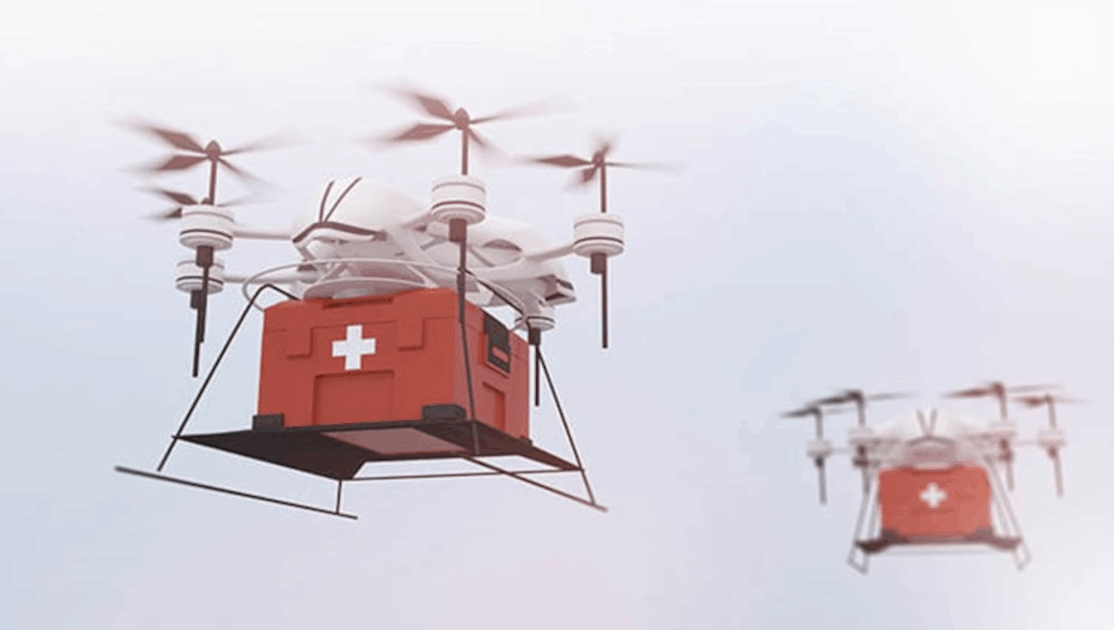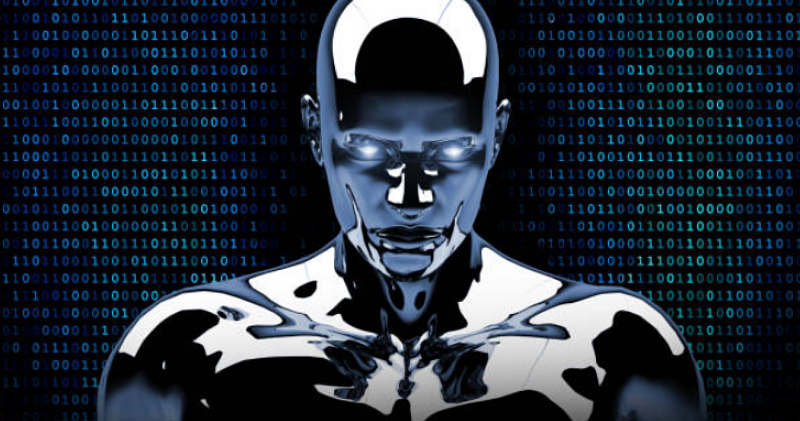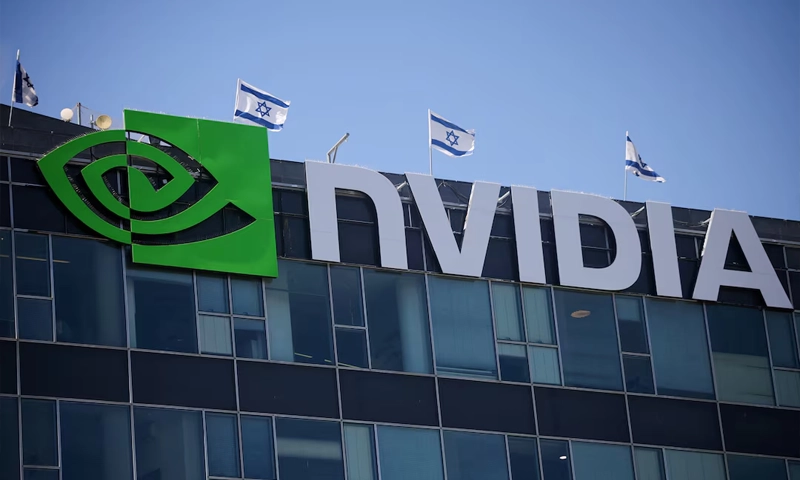- Web Desk
- 7 Hours ago

What is the govt incentive for buyers of EV bikes?
-

- Web Desk
- Yesterday

ISLAMABAD: Around 1.5 million motorcycles are sold annually in Pakistan, with Atlas Honda — the country’s largest motorcycle manufacturer — holding a virtual monopoly for years. However, with the presentation of the draft Electric Vehicle (EV) Policy, Honda has announced it will launch electric bikes for the first time this year.
The proposed policy includes special subsidies for electric bikes, scooters, and three-wheelers.
Special Assistant to the Prime Minister for Industry and Production Haroon Akhtar said that Prime Minister Shehbaz Sharif had approved the policy in principle. He expressed hope that the cabinet would give its final approval within a month.
Although motorcycles are widely regarded as the “common man’s ride” in Pakistan, public interest in electric bikes has remained disproportion.
According to Sabir Sheikh, head of the Association of Motorcycle Assemblers, at least 10 Chinese companies are currently assembling electric scooters and bikes in Pakistan. However, their combined monthly sales remain under 50,000 units.
What subsidy is proposed?
The EV policy acknowledges that electric bikes are currently 100 per cent more expensive than petrol-powered ones. To bridge this gap, the government proposes a cost-sharing subsidy targeting low-income buyers of two- and three-wheelers.
Haroon Akhtar told the BBC that under the new scheme, buyers would receive a Rs50,000 subsidy and an interest-free loan through banks, with the cost of financing also borne by the government.
He admitted that a nationwide shift to electric vehicles would take time and could not happen without state intervention. “We want electric vehicles to make up 30 per cent of the total fleet by 2030. Without subsidies, that won’t be possible,” he said.
Akhtar explained that initially, buyers would only need to pay 20 per cent upfront, of which Rs50,000 would be paid by the government. The remaining 80 per cent would be payable over two years through an interest-free loan.
According to him, over the next five years, more than 2.2 million bikes are expected to be subsidised at a cost exceeding Rs100 billion.
In the 2025–26 federal budget, Rs9 billion has been allocated specifically for the EV scheme. This is expected to support the supply of 116,053 electric bikes and 3,171 electric rickshaws.
Additionally, Rs20 billion had been earmarked to support the installation of charging stations across the country.
“No one wants to invest in charging stations until EV numbers rise, and consumers are hesitant to buy EVs because of the lack of infrastructure,” Akhtar said. “We want to ensure a charging station every 50 kilometres.”
How will buyers benefit?
Akhtar provided a comparative example: a petrol bike costs around Rs150,000, while an electric bike can cost up to Rs250,000. With the subsidy and interest-free financing, the upfront cost of an electric two-wheeler could be brought down to around Rs200,000.
He also mentioned proposed support for three-wheelers, where a new internal combustion engine rickshaw costs Rs400,000, while an electric one is twice as expensive. In such cases, the government would offer a Rs400,000 subsidy in addition to the interest-free loan.
Subsidies are also planned for small electric vehicles, he said.
Will the subsidy make a difference?
Professor Naveed Arshad of the Lahore University of Management Sciences (LUMS) said the subsidy is essential to reduce prices and promote adoption. “Initially, it was planned that the subsidy would come from the budget. But since Pakistan is under an IMF programme, it has been decided that a carbon levy will be imposed to raise the required funds.”
He said the subsidy would be gradually phased out over five years as the technology becomes mainstream.
However, despite lower running costs, the high upfront cost of electric bikes continues to deter many buyers.
Sabir Sheikh pointed out that the most popular 70cc petrol bikes cost about Rs150,000, while some Chinese bikes cost around Rs100,000. “EV scooters remain unaffordable because their batteries alone cost around Rs100,000,” he said.
He noted, however, that sales of EV scooters have increased in Punjab’s cities and towns over recent months. In these areas, people live in houses rather than apartments, making charging and parking easier. Shorter distances and better roads also support EV use, he said.
“In Karachi, where people often live in flats, sales have not picked up due to lack of charging infrastructure,” he said.
Some companies, including Atlas Honda, are exploring battery-swapping technology to address the issue. This allows users to remove the battery for charging indoors or replace it with a charged one. But this solution remains costly — one battery can cost up to Rs250,000.
Sabir Sheikh believes graphene batteries will become the most practical solution in Pakistan due to limited purchasing power.
On June 24, Atlas Honda announced that it would launch electric scooters under the National EV Policy during the current financial year. The company, with an annual production capacity of 1.5 million units, is the largest motorcycle manufacturer in the country.
When asked why Atlas Honda took so long to enter the EV market, Sheikh explained that most EV technology originates from China or Pakistan, while Japanese manufacturers lag behind. The new model from Atlas Honda will also be manufactured in partnership with a Chinese firm.





